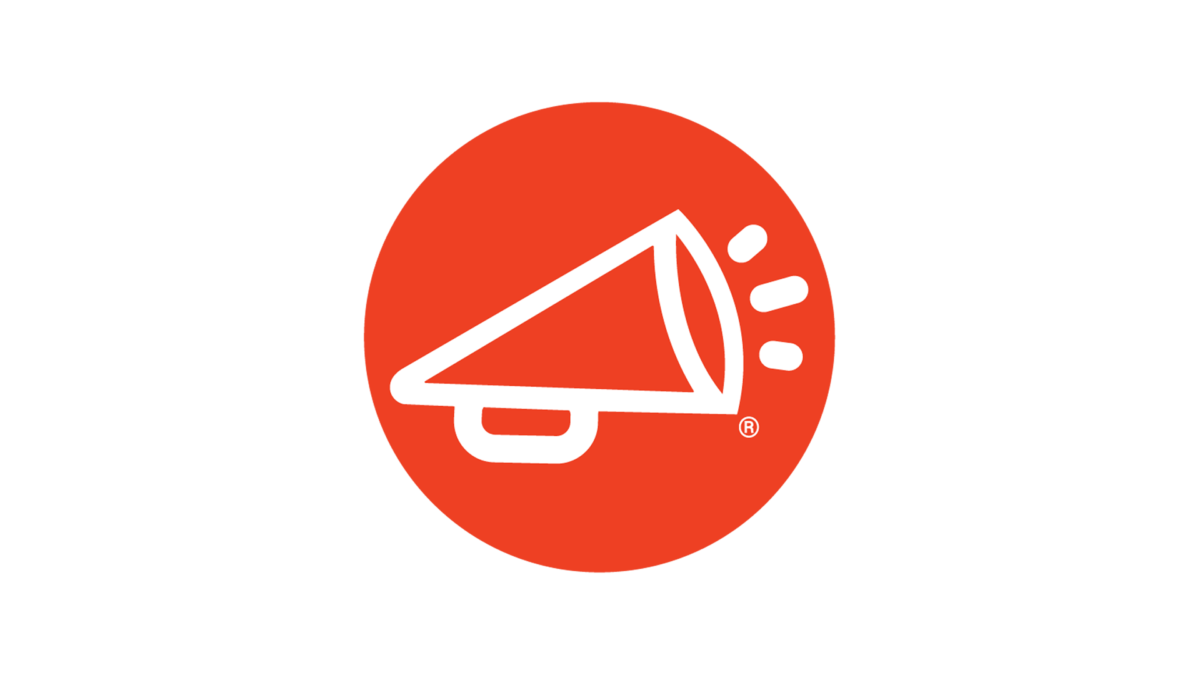
Although introverts make up half the world’s population, the professional world tends to be more accommodating of extroverted behaviors and preferences. Quieter individuals frequently face obstacles in the modern workplace that their extroverted counterparts aren’t as likely to struggle with. The result? According to Harvard Business Review, extroverts are “paid more, promoted faster, and rated more positively by their colleagues and managers.”
In recent years, however, there has been a positive shift in public perception towards introverts, and it’s spilling over into the business world. While once viewed as timid and even less friendly, introverts are increasingly recognized for their unique qualities — such as deep thinking, focused concentration, and strong listening skills.
As companies embrace workplace inclusivity and come to appreciate the strengths of introverts, quieter employees are in a better place to thrive in today’s professional settings. Employers can enhance their workers’ satisfaction and encourage professional growth by learning more about the introverted mind and the various management approaches that foster success for diverse individuals.
An introvert is someone who is more reserved and introspective, and who enjoys time spent alone or in quieter environments. Although introversion and shyness are often used interchangeably, they are not the same. Whereas shy people avoid social interactions out of fear or anxiety, introverted people will avoid excessive or large social interactions because they find them to be draining.
Introversion and extroversion lie on a spectrum, and most people have traits of both. Someone who leans more toward introversion will typically show the following traits:
Given the mismatch between introverted characteristics and the standard work environment, it’s easy to understand why introverts often struggle to attain satisfaction and success on the job. Let’s take a closer look at some common work dynamics and how they pose a challenge for quieter workers:
Lacking cubicles and physical barriers, this floor plan can be noisy and promote excess small talk. Open office environments can be overstimulating for introverts, increasing levels of fatigue and inhibiting optimum work performance.
Introverts are less inclined to speak up in front of others, especially when it’s a large group or when the conversation is already dominated by extroverted colleagues. Their valuable insights may fall under the radar if they are not actively encouraged to contribute in group settings.
Many workplaces rely mainly on group meetings as the forum for idea sharing. However, introverts typically share their thoughts better in one-on-one discussions or in writing.
Introverts are likely to be seen as less assertive or decisive, and they also naturally shy away from office politics. These perceptions and traits can impact their career growth, as many businesses naturally embrace more extroverted leadership styles.

Introverts often feel pressure to act extroverted at work in order to overcome the above challenges. However, research has found that it can be detrimental for introverts to act extroverted. While they may experience short-term benefits, in the long run, they’re likely to feel burnt out — which can harm their overall job satisfaction and increase their odds of resignation.
What this means is that to promote success for introverted employees, employers should embrace workplace inclusivity and adapt to the unique traits of their quieter workers. While introverted employees can do their part by speaking up and networking with colleagues against their natural inclination, company leadership should seek to understand the preferences of introverts — and create a flexible environment in which diverse strengths can shine.
As one of the most watched Ted Talks of all time, Susan Cain’s talk on “The Power of Introverts” challenged the societal bias towards extroversion and highlighted the strengths of introversion. In the years since this famous talk, society has broadened its awareness of the special capabilities of introverts. From their thoughtful decision-making to their deep thinking, introverts bring a nuanced set of skills to professional environments. These strengths include:
Introverts tend to rely heavily on their individual skills and critical thinking, making them very independent and reliable workers. They will often work hard to figure out a solution on their own before reaching out to a supervisor, which is a quality that is appreciated by many managers.
Introverts are great at listening intently to others. As a result, they’re often empathetic and adept at understanding diverse perspectives. Plus, as avid listeners, introverts can soak up knowledge and pick up on conversational nuances that may be missed by other people.
With their dislike of small talk and natural affinity toward listening attentively, introverts tend to build deep, meaningful relationships. This is valuable when it comes to fostering healthy team dynamics and succeeding in management roles.
Because they appreciate solitude, introverts can often tap into a high level of creativity that promotes innovation and problem-solving within organizations.
Introverts tend to lead with a calm and measured approach, inspiring confidence and trust in their colleagues. They can be very effective decision-makers, as they carefully weigh and consider all factors at hand before coming to a decision.

One of the biggest pitfalls for introverts in the workplace is adhering to accepted communication standards. The professional world typically favors fast, off-the-cuff idea-sharing in large group environments. However, this poses a challenge for introverts who typically need more time to contemplate ideas and prefer to share their ideas one-on-one.
While group meetings have their place in the work world, it’s important for managers to implement additional communication practices that introverts prefer as well — such as:
Introverts have a lot to bring to the professional world. Because workplace dynamics frequently favor extroversion, however, introverts often feel held back from contributing their unique strengths.
To help their introverted workers shine, HR leaders and managers should take steps to foster an environment in which employees of varying personality types can thrive. Here are some ways that leaders can encourage their introverted employees to succeed on the job:
Get to know the team
It’s not always obvious who is an introvert, as even those who appear sociable at work may still identify as introverted. Because introverts and extroverts think and work differently, it’s important to have an accurate understanding of employee personalities.
Managers should be encouraged to have open conversations with their team members about work preferences, traits, and individual strengths. This knowledge helps managers and entire teams to work together more effectively and cater to varying strengths and weaknesses.
If your company has an open workspace, it’s very likely hindering your introverted workers’ performance. Consider carving out designated quiet zones, such as private corners or cubicles, where employees can spend time working in solitude.
If you aren’t doing so already, it’s worthwhile to accommodate hybrid or occasional remote work days for your introverted employees. Allowing these workers to work from the quiet of their home can greatly improve their satisfaction and performance.
Sometimes all it takes is some encouragement to help your introverted employees to speak up in group settings. Be sure to let these employees know how much their input matters to you and the team, and that they’re welcome to share their thoughts by email as well.
If most of your team brainstorming happens in group sessions, you may want to consider adopting other workplace communication methods that introverts prefer, such as those listed above.
It’s easy for the contributions of introverted employees to fly under the radar, as these workers tend to work more independently and away from the spotlight. Yet although they don’t seek out recognition, introverted employees want to feel appreciated just like everyone else. Make sure to acknowledge the efforts and successes of your introverted teammates, both one-on-one and in the presence of their colleagues.
Every organization is made up of individuals with diverse personalities, character traits, and work preferences. Honoring these differences and creating a cohesive and connected workforce can feel challenging, but WorkProud makes it easier.
Our rewards and recognition software enables employees and managers to connect, congratulate, praise, and give rewards to one another with ease. Extroverts and introverts alike benefit from our automated and user-friendly tools for friendly workplace communication and motivational reward-giving. With WorkProud, you can break the ice and create a culture that everyone can thrive in. Click here for a free demo!
WorkProud is committed to helping its clients create a unified approach to the employee experience by helping them build cultures of workplace pride. Trusted by millions of users at some of the world’s most recognized employer brands, WorkProud delivers a comprehensive approach to building company cultures that inspire people to be Proud of their Work and Proud of their Company.

Every month, we share news, knowledge, and insight into what we believe is a pretty simple proposition: If you are “proud of your work and proud of your company,” you are more engaged, more productive, and more likely to stay with your company for the long haul.
*By selecting “SIGN UP,” you agree to WorkProud’s Privacy Policy. You may unsubscribe from our newsletter at any time. Please note when unsubscribing: it may take up to 10 business days for your request to take effect.